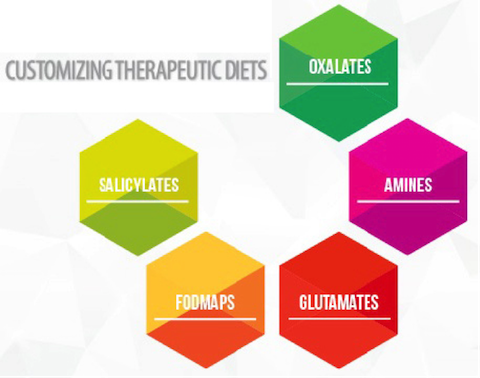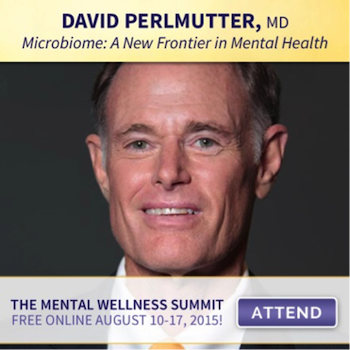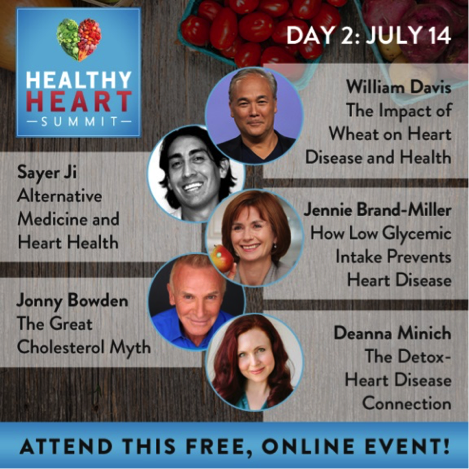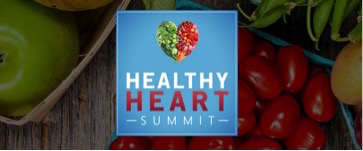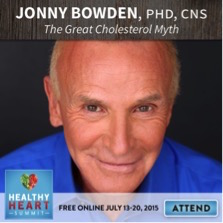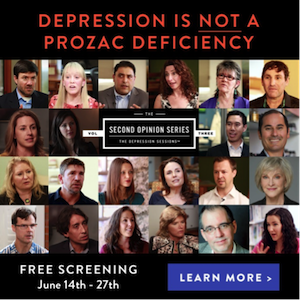We can all agree how the food we eat has such an impact on how we feel and that “food is medicine.”
We know we all have specific needs, unique biochemistry and very different genes so that is there NO “one-size-fits-all diet. We need to eat according to our own unique biochemistry and this is where BioIndividual Nutrition comes in to the picture.
Customizing your diet and nutrition strategy is essential to an integrative approach.
Julie has spent the past 14 years researching and applying specialized diets and is now teaching this BioIndividual Nutrition approach to advanced clinicians.
I know Julie personally, have read her book, have heard her present at many conferences (and even supported her at a few!) and have done her training. I can assure you that her knowledge in this area takes things to the next level! She is an expert on special diets, teaching about oxalates, salicylates, amines, glutamates, FODMAPs, gluten-free, GFCF (gluten-free-casein-free), GAPS and much more!
I’m sure you remember her from our prior interviews. Here are a few reminders:
She shared this during season 1 of the Anxiety Summit: BioIndividual Nutrition and Special Diets
My book is called Nourishing Hope for Autism, but a lot of people that have other conditions get my book, particularly because I call kids with autism the canaries in the coalmine. They’re the ones that are telling us that our world is too toxic, there’s too many stressors, it’s too deficient in nutrients, and we need to change our ways by adding more nutrition, more absorbable forms of supplements, getting supplements in general, eating good foods that are nutrient dense. These principles are principles that apply, in my experience, to almost all healing. So we learn a lot from the kids with autism on how it might apply to anxiety and other conditions.
And this during season 2 of the Anxiety Summit: Fermented foods and probiotics for anxiety and depression
There was a study done by a researcher named Tillisch and published in 2013 in Gastroenterology. We know a lot about how the brain sends signals to the gut, but she explained that in the study they learned that the gut also sends signals to the brain. The researchers found that with yogurt, they found positive effects on the brain, including sensory processing and those areas associated with emotion and mood.
And earlier this year I interviewed Julie on: Customizing a Low FODMAPS Diet for a Client with Anxiety and/or Depression and we covered
- The scientific rationale for recommending a Low FODMAPS (an acronym, deriving from “Fermentable, Oligo-, Di-, Mono-saccharides And Polyols) Diet for someone with anxiety/depression
- Defining oligosaccharides (fructans and galacto-oligosaccharides); disaccharides (lactose); monosaccharides (fructose) and polyols (sugar alcohols and more)
- What are high free fructose foods and the fructose malabsorption/anxiety and depression connection
As you can see, Julie is up-to-date on the latest research and is very hands-on and super detailed when it comes to teaching and implementing special diets.
In this FREE BioIndividual Nutrition webinar on August 10, Julie Matthews and Dr. Kurt Woeller are teaming up to share what every integrative practitioner or nutrition professional would love to know and should know about customizing special diets to individual needs:
- How personalizing food and nutrition strategies help improve patient/client outcomes
- Which foods may negatively affect mood, learning, and behavior (Kurt and Julie will share wisdom from their experiences with autism)
- The most advantageous special diets for healing: including: GFCF, SCD, GAPS Diet, Paleo diet, low phenol diets, low oxalate, and low FODMAPs
- How to AVOID the 3 most common mistakes when making dietary recommendations
- How to join the upcoming September “Study Group” at the BioIndividual Nutriton Institute, with Julie Matthews and Dr. Kurt Woeller
If you’re an integrative practitioner or nutrition professional and if you’re making diet and nutrition recommendations to your patients or clients, I highly recommend this upcoming webinar on customizing special diets.
You can register here for this educational webinar on August 10th at 1pm PST:
https://az184.isrefer.com/go/imweb/TrudyScott
If you can’t make it live, register anyway to get a copy of the recording.
Have you benefited from being on a special diet? Do you currently use special diets with your clients/patients and see symptom reduction/resolution? Please do share in the comments.
